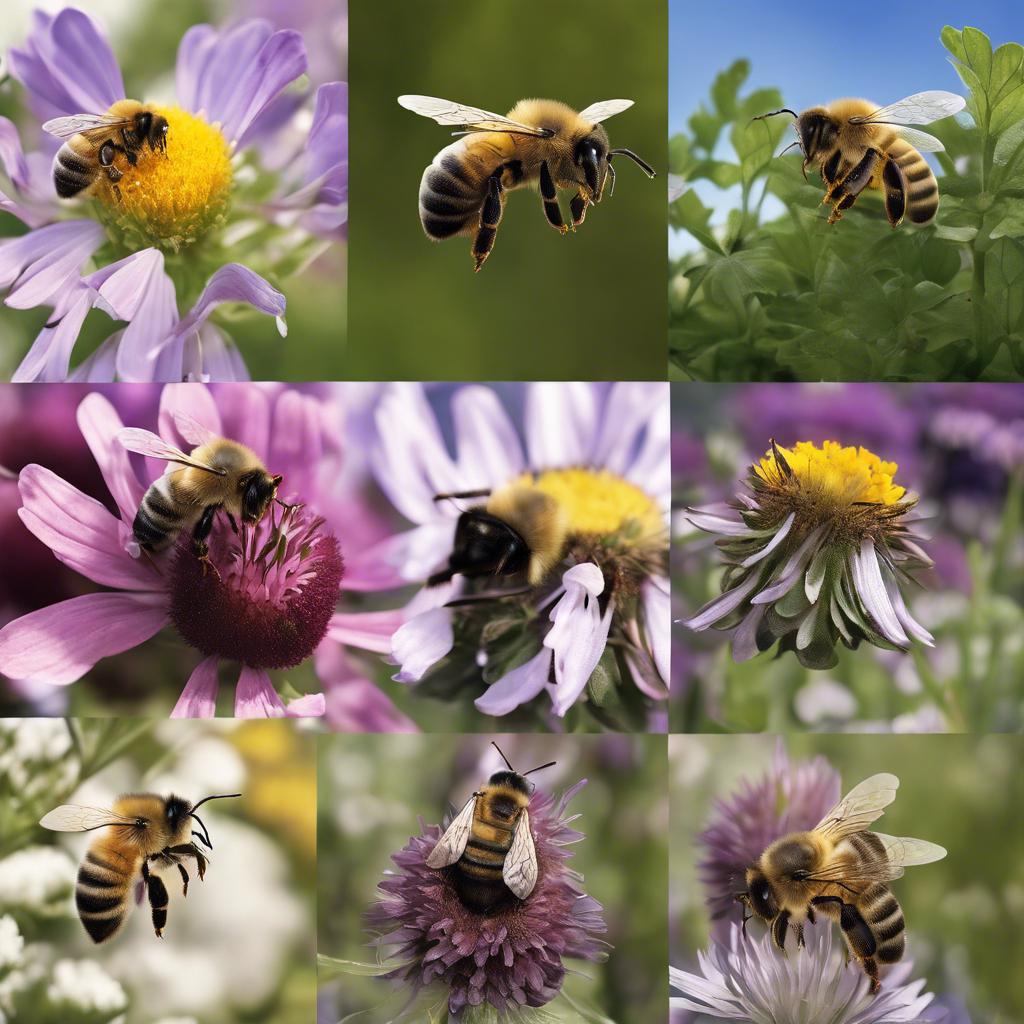In the hustle and bustle of our daily lives, we often fail to notice the tiny heroes tirelessly working to sustain our ecosystem – bees. These little pollinators play a critical role in our food production, making it vital for us to create spaces that support their wellbeing. One powerful way to help bees thrive is by planting a bee garden filled with pollinator-friendly plants. In this guide, we'll explore some of the best plants to include in your bee-friendly garden.
Understanding the Importance of Bee Gardens
Before diving into the plant options, let's take a moment to appreciate why bee gardens are crucial. Bees rely on nectar and pollen from flowers for sustenance. By cultivating a garden specifically designed to attract and nourish bees, you're not only supporting these essential creatures but also promoting biodiversity in your local environment.
Building Your Bee Haven: Top Pollinator-Friendly Plants
1. Lavender

Lavender is a beloved choice for bee gardens due to its fragrant blooms that attract bees and other pollinators. Its vibrant purple flowers create a visually stunning garden while providing bees with a rich source of nectar.
2. Sunflowers
Sunflowers are not only a cheerful addition to any garden but also a favorite of bees. These towering flowers offer ample pollen and nectar, making them a valuable asset to your bee-friendly space.
3. Bee Balm
True to its name, Bee Balm is a must-have plant for bee gardens. With its tubular flowers brimming with nectar, this perennial herb is irresistible to bees and other pollinators.
4. Wild Bergamot

Also known as Monarda, Wild Bergamot boasts showy blossoms that beckon bees with their sweet fragrance. This native plant adds a pop of color and attracts a bustling community of pollinators to your garden.
Tips for a Flourishing Bee Garden
Plant Diversity : Aim for a variety of flowers that bloom at different times to provide a continuous food source for bees.
Avoid Chemicals : Opt for organic gardening practices to ensure your bee garden remains a safe haven free from harmful pesticides.
Provide Water : Place shallow dishes or a birdbath with rocks in your garden to offer bees a water source.
By incorporating these pollinator-friendly plants and following the tips above, you can create a thriving bee garden that not only supports these vital pollinators but also enhances the beauty of your outdoor space. Let your garden buzz with life as you contribute to a healthier, more sustainable ecosystem.
Conclusion
In a world where bees face numerous challenges, creating a pollinator-friendly garden is a simple yet impactful way to make a difference. By nurturing these essential creatures, we are safeguarding the delicate balance of nature and ensuring a fruitful future for generations to come. So, roll up your sleeves, grab your gardening tools, and embark on a journey to create a sustainable habitat for bees in your very own backyard.
Remember, every flower you plant is a step towards a brighter, greener tomorrow. Happy gardening!

Comments